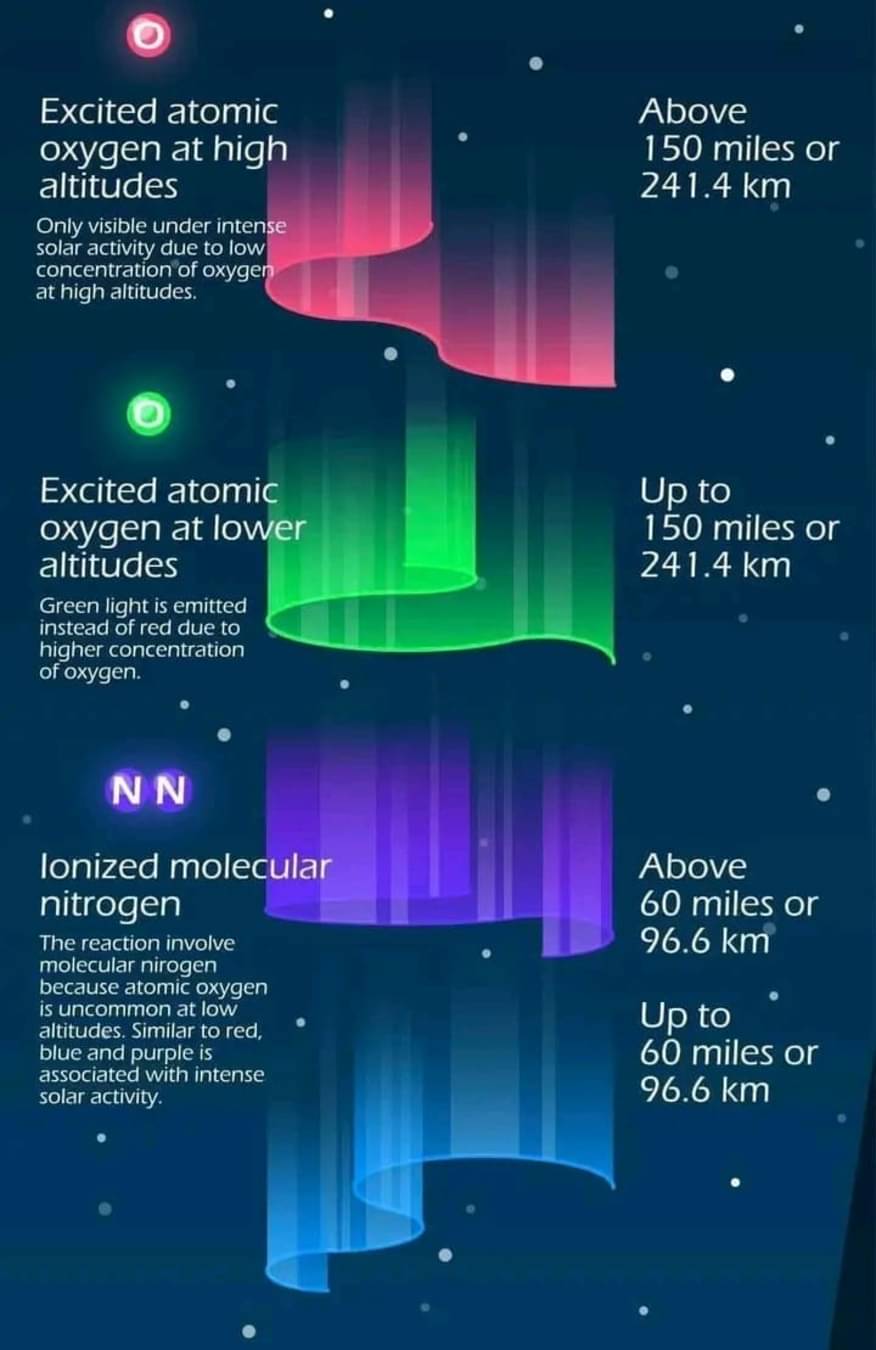At this time of year, at this time of the day, in this part of the country? Localized entirely within your kitchen?!
Science Memes
Welcome to c/science_memes @ Mander.xyz!
A place for majestic STEMLORD peacocking, as well as memes about the realities of working in a lab.

Rules
- Don't throw mud. Behave like an intellectual and remember the human.
- Keep it rooted (on topic).
- No spam.
- Infographics welcome, get schooled.
This is a science community. We use the Dawkins definition of meme.
Research Committee
Other Mander Communities
Science and Research
Biology and Life Sciences
- [email protected]
- [email protected]
- [email protected]
- [email protected]
- [email protected]
- [email protected]
- [email protected]
- [email protected]
- [email protected]
- [email protected]
- [email protected]
- [email protected]
- [email protected]
- [email protected]
- [email protected]
- [email protected]
- [email protected]
- [email protected]
- [email protected]
- [email protected]
- [email protected]
- [email protected]
- [email protected]
- [email protected]
- !reptiles and [email protected]
Physical Sciences
- [email protected]
- [email protected]
- [email protected]
- [email protected]
- [email protected]
- [email protected]
- [email protected]
- [email protected]
- [email protected]
Humanities and Social Sciences
Practical and Applied Sciences
- !exercise-and [email protected]
- [email protected]
- !self [email protected]
- [email protected]
- [email protected]
- [email protected]
Memes
Miscellaneous
I will absolutely never not hear Principal Skinner whenever I hear or read the words "Aurora borealis".
Yes!?
May I see it?
no
Seymour! The house is on fire!
No Mother, that’s just the Northern Lights!
So little text and still wrong. Why not at least read about it in Wikipedia? Or ask GPT?
Could you correct it for us mere mortals without in-depth aurora knowledge?
Sure. Red: It is the lower concentration of oxygen but also/mostly the lower overall pressure (lower number of partciles per volume). Only with lower pressure can there be fewer collisions and thus the exited state is not quenched.
Green: Any interaction of a random atom and the exited oxygen atom, that would otherwise emit red light, quenches the red light emission. Thus the faster green transition can take over.
Of course there had to be a persistent marine layer in my night skies these past few days. It's probably going to go away the day after the auroras do.
This is nice to know!
